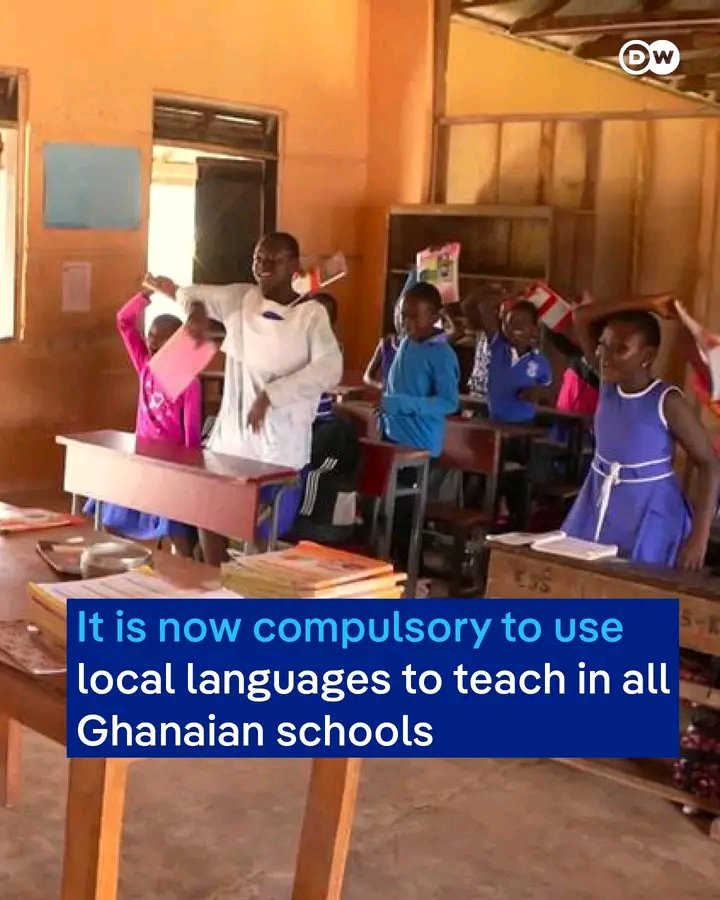
ACCRA – In a landmark decision aimed at transforming its educational landscape, the Ghanaian government has announced a new policy mandating the use of local languages as the primary medium of instruction in schools across the country, replacing English.
The announcement was made by the country’s Education Minister, Haruna Iddrisu, who framed the move as a crucial part of a broader effort to reset the nation’s education system. Minister Iddrisu emphasized the pedagogical benefits of teaching children in a language they are most familiar with from their home environment.
“This shift is fundamental to a broader reset of our education system,” stated Iddrisu. “We believe that children learn and understand best when taught in their mother tongue, especially in their foundational years.”
The directive tasks the Ghana Education Service (GES) with the critical role of enforcing and implementing this new language policy nationwide. This will likely involve developing new curricula, training teachers, and preparing educational materials in various Ghanaian languages.
The policy marks a significant departure from the long-standing use of English as the main language of instruction in Ghanaian schools. Proponents of the change argue that learning in a familiar language first improves literacy, comprehension, and critical thinking skills, creating a stronger foundation for academic success.
The move has been welcomed by many educational experts and cultural advocates who see it as a vital step towards preserving Ghana’s linguistic heritage and improving learning outcomes for all children.






